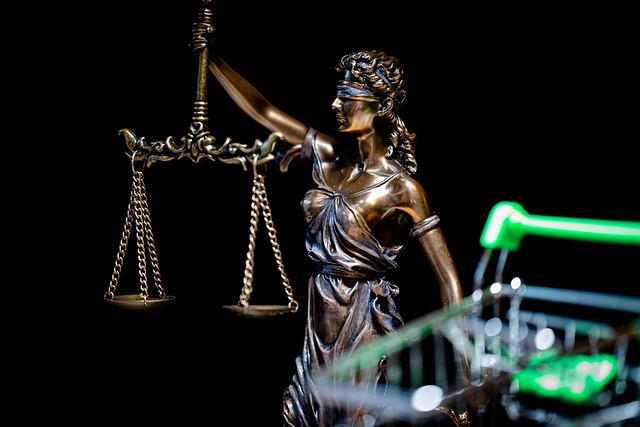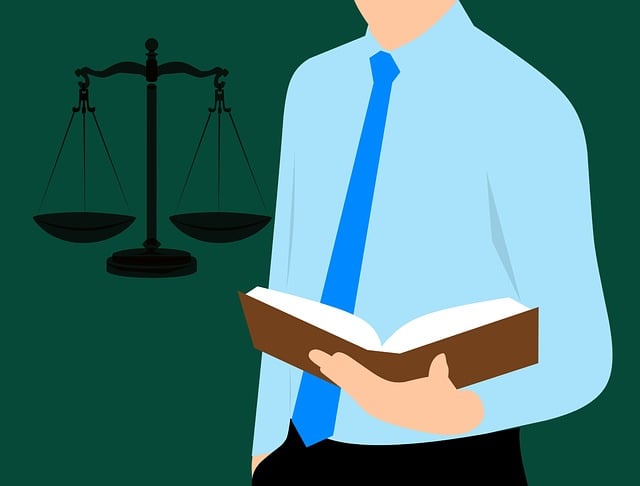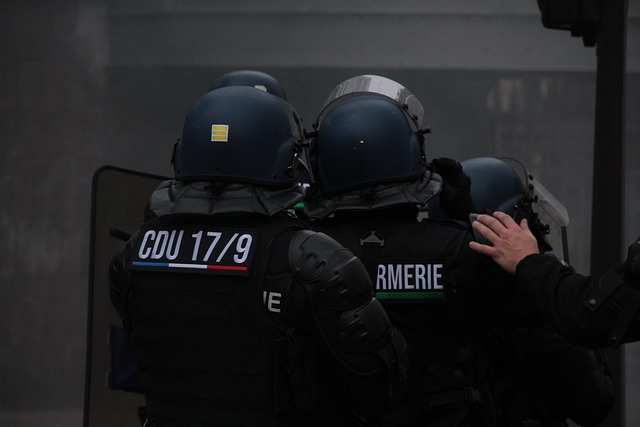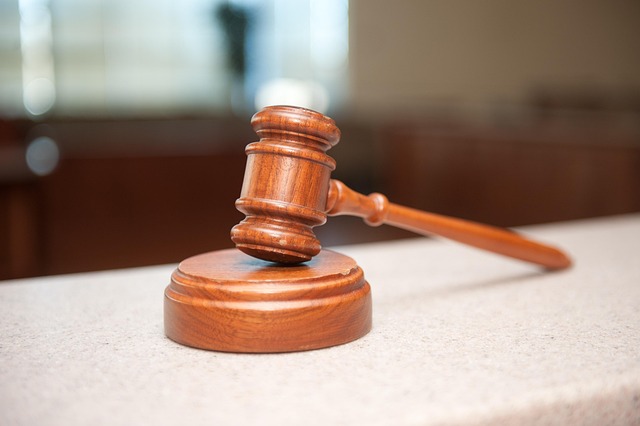Public corruption cases involve illicit behavior by officials, requiring meticulous investigation and legal strategies. Defendants face a plea bargain (reduced sentences or charge dismissal) or trial (proving innocence with risk of harsher outcomes). Legal experts specialize in criminal law, guiding clients through regulations, statutes, and strategic decisions between plea bargains and trials based on evidence strength, sentence lengths, and client preference for privacy or public scrutiny.
“Uncovering the intricate world of public corruption charges, this article delves into the defining moments of an individual’s legal journey. Understanding these charges, often complex and far-reaching, is pivotal for both defendants and legal strategists alike. We explore the strategic decision between a plea bargain and trial, weighing the implications in criminal law.
Learn how legal experts navigate these cases, ensuring clients’ rights and managing potential consequences. Discover the nuances of Plea Bargain Vs Trial in Criminal Law—a crucial aspect shaping outcomes in public corruption trials.”
- Understanding Public Corruption Charges: Definition and Impact
- Plea Bargain vs. Trial: Strategies for Defendants
- The Role of Legal Experts in Navigating These Complex Cases
Understanding Public Corruption Charges: Definition and Impact

Public Corruption Charges refer to allegations of illicit behavior by public officials, such as government employees, politicians, or law enforcement officers, who abuse their power for personal gain. This can include activities like bribery, embezzlement, fraud, and misuse of public funds. Understanding these charges is crucial in navigating the complexities of criminal law, particularly when considering the options between a plea bargain and trial.
In the all stages of the investigative and enforcement process, the impact of public corruption can be profound. These cases are often high-stakes, as they not only involve significant financial losses but also erode public trust and confidence in government institutions. Achieving extraordinary results in these situations requires meticulous investigation, robust legal strategies, and a deep understanding of the nuances between a plea bargain and trial. While a plea bargain may offer some advantages in terms of time and potential punishment, going to trial allows for full scrutiny of the evidence and can lead to stronger deterrence effects, sending a clear message that such misconduct will not be tolerated.
Plea Bargain vs. Trial: Strategies for Defendants

When facing public corruption charges, a defendant has two primary strategic options: enter into a plea bargain or proceed to trial. A plea bargain involves the accused admitting guilt in exchange for a reduced sentence or the complete dismissal of all charges. This strategy can be particularly appealing for corporate and individual clients alike, as it offers a chance to mitigate potential legal repercussions. On the other hand, going to trial allows defendants to present their innocence before a judge or jury, but carries the risk of a more severe outcome if found guilty.
The decision between these two paths depends on various factors, including the strength of the evidence against the defendant, potential sentence lengths, and the specific circumstances of the case. For some, a plea bargain might provide a swift resolution and a chance at a fresh start, while others may prioritize vindicating their innocence and facing their accusers in court. In both scenarios, effective legal representation is crucial to navigating the complexities of criminal law and securing the best possible outcome for his clients.
The Role of Legal Experts in Navigating These Complex Cases

The role of legal experts is pivotal when it comes to navigating public corruption cases, which are notoriously complex and multifaceted. Attorneys specializing in criminal law play a crucial part in guiding clients through the intricate web of regulations, laws, and legal precedents that govern such cases. They must possess an in-depth understanding of not just federal and state laws, but also the specific nuances and implications of public corruption statutes.
One strategic decision these experts often face is whether to pursue a plea bargain or opt for a trial. A plea bargain can offer a complete dismissal of all charges or mitigate sentences, providing relief for clients accused of white-collar crimes. Conversely, going to trial allows for the presentation of evidence and arguments in open court, aiming to prove innocence beyond a reasonable doubt. The choice between these options depends on various factors, including the strength of the prosecution’s case, potential sentencing outcomes, and the client’s desire to avoid the public scrutiny associated with a trial.
Public corruption charges carry significant weight, demanding a nuanced approach to legal representation. By understanding the complexities of these cases, defendants can make informed decisions between pleading bargain or proceeding to trial. Engaging experienced legal experts is pivotal to navigating this intricate landscape, ensuring the best possible outcome in what can be a challenging and high-stakes battle against corruption. In the context of Plea Bargain Vs Trial in Criminal Law, choosing the right strategy becomes essential for a fair resolution.






